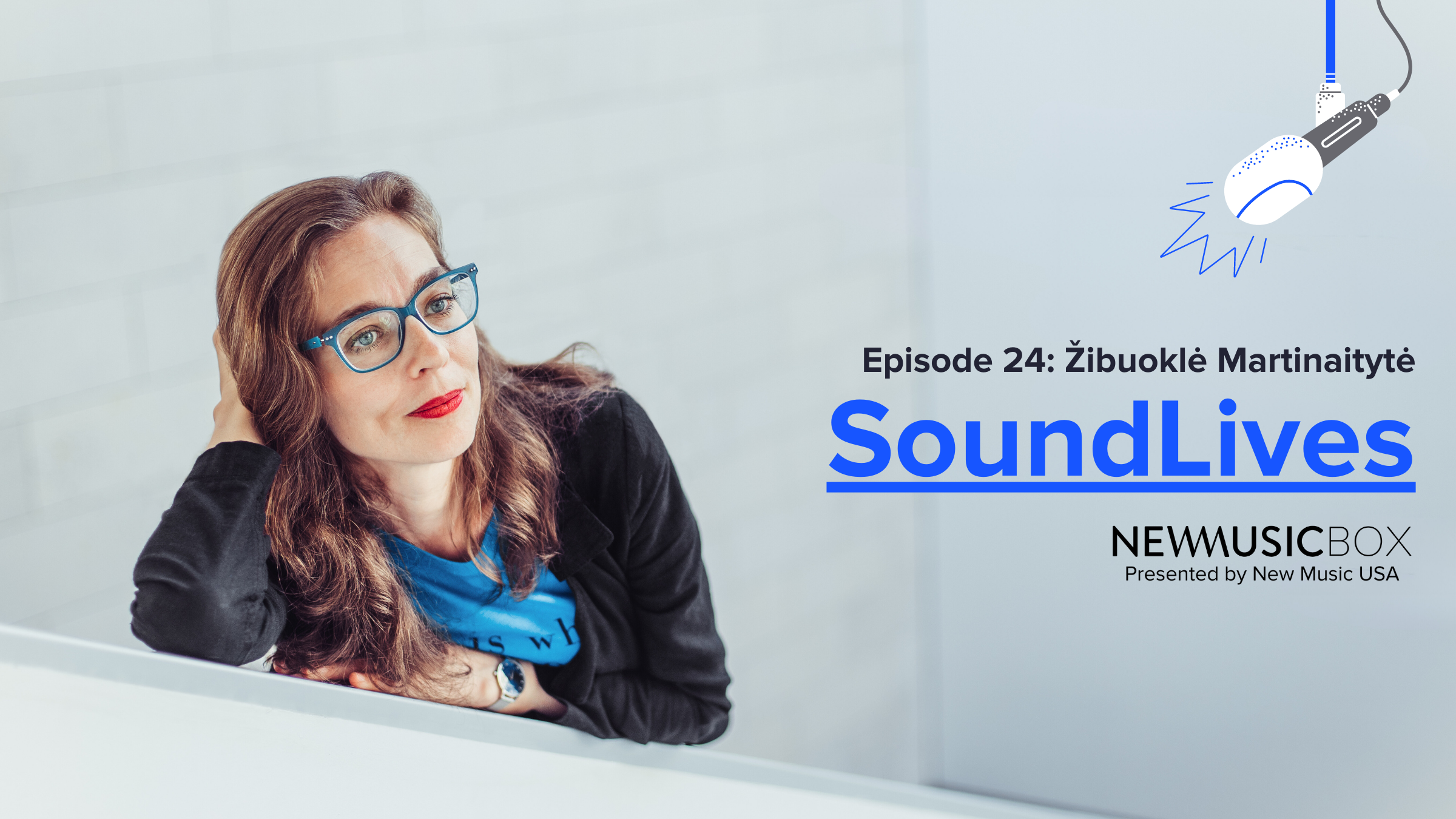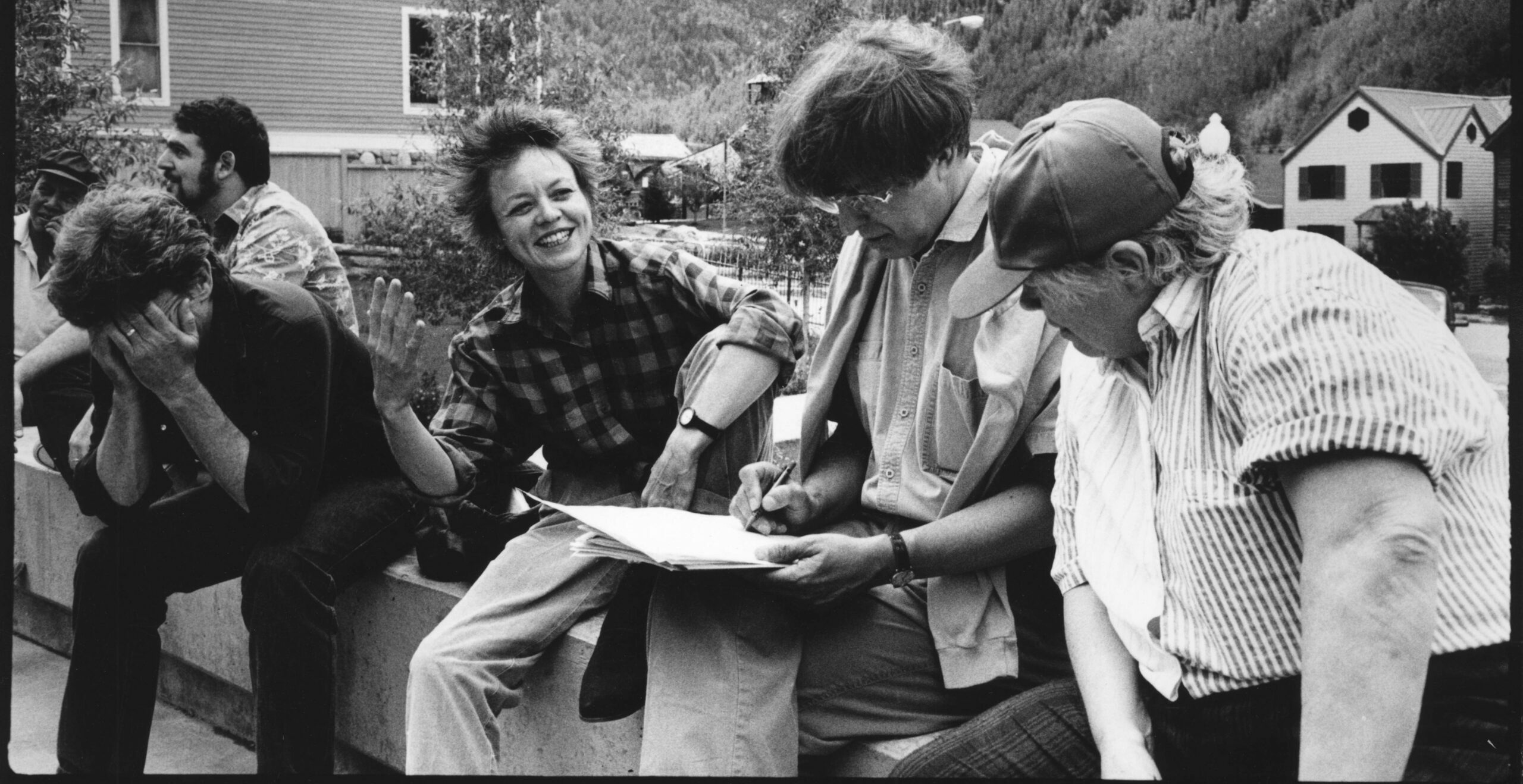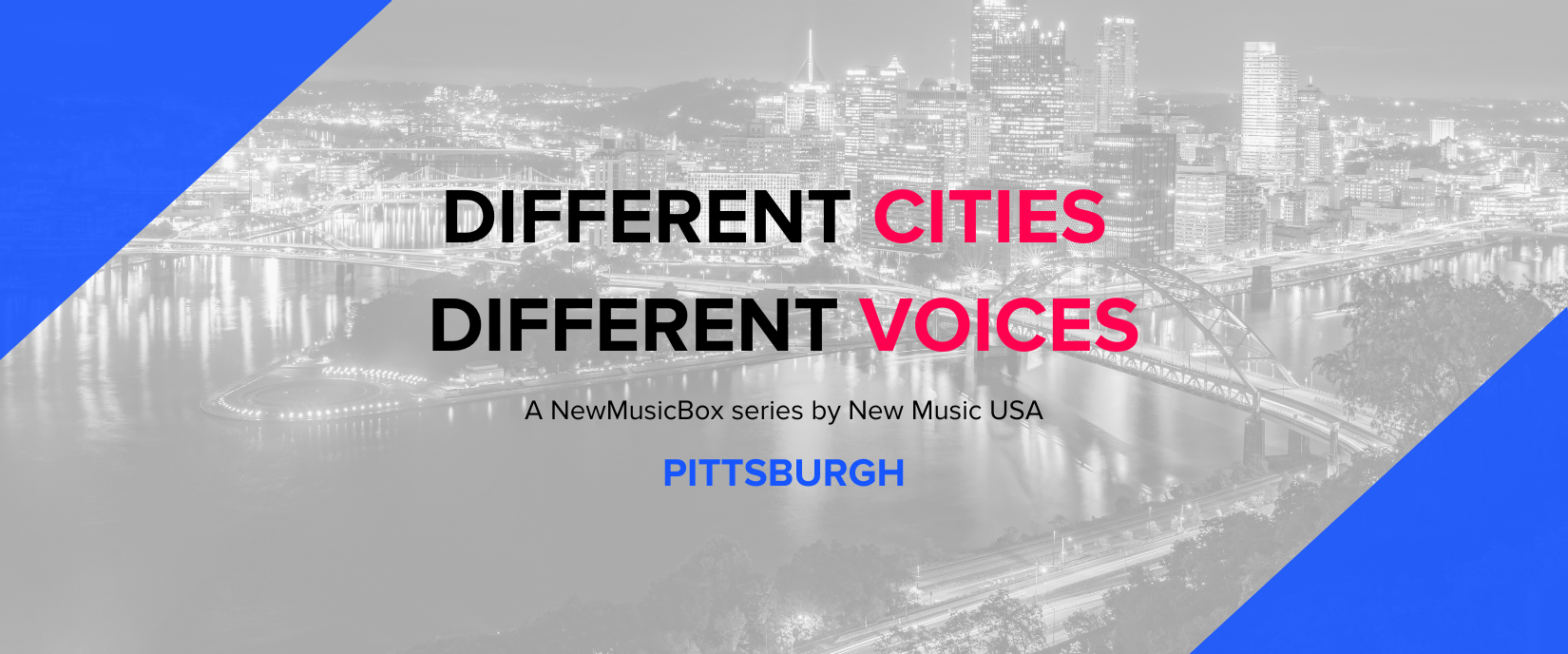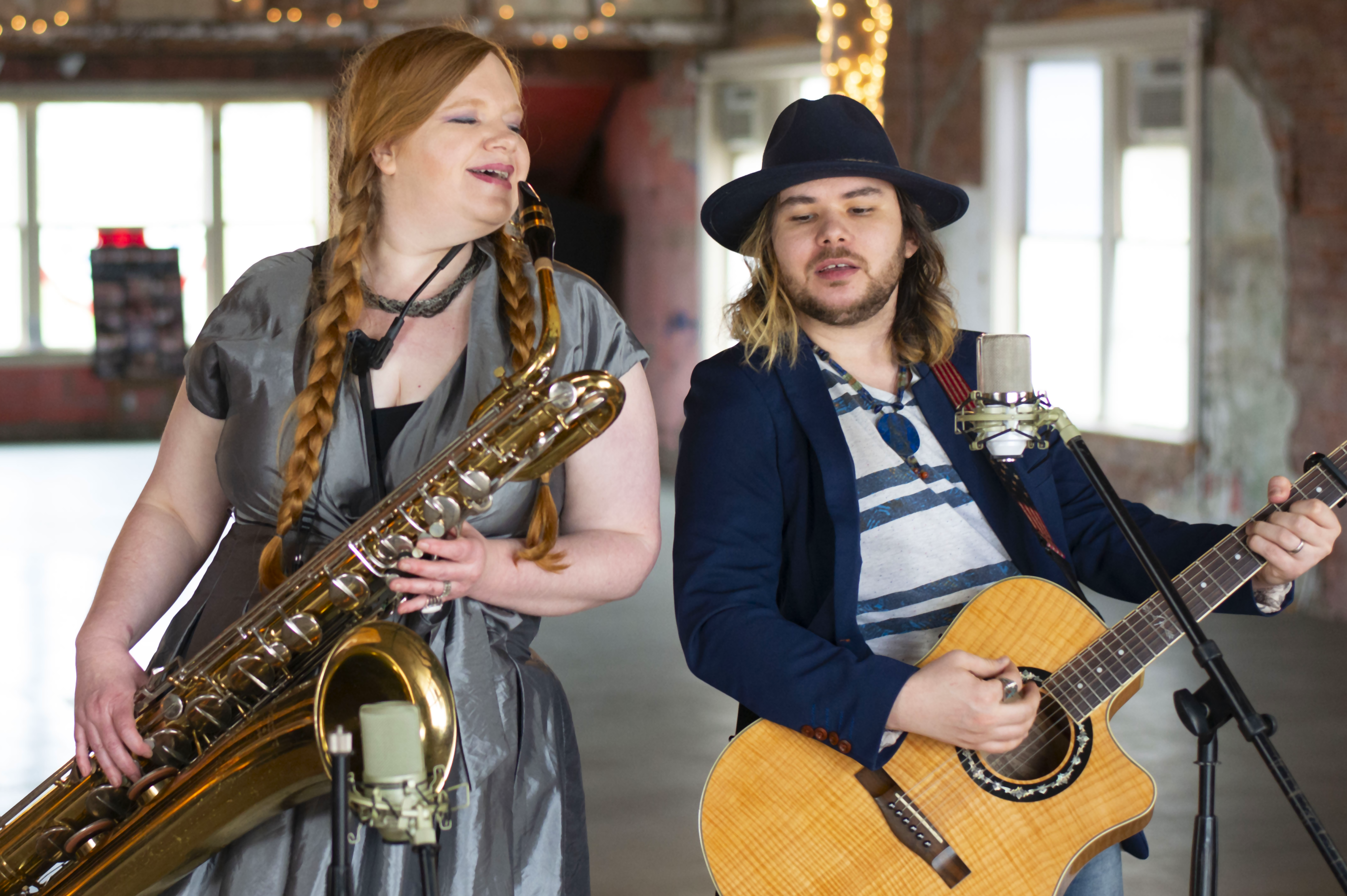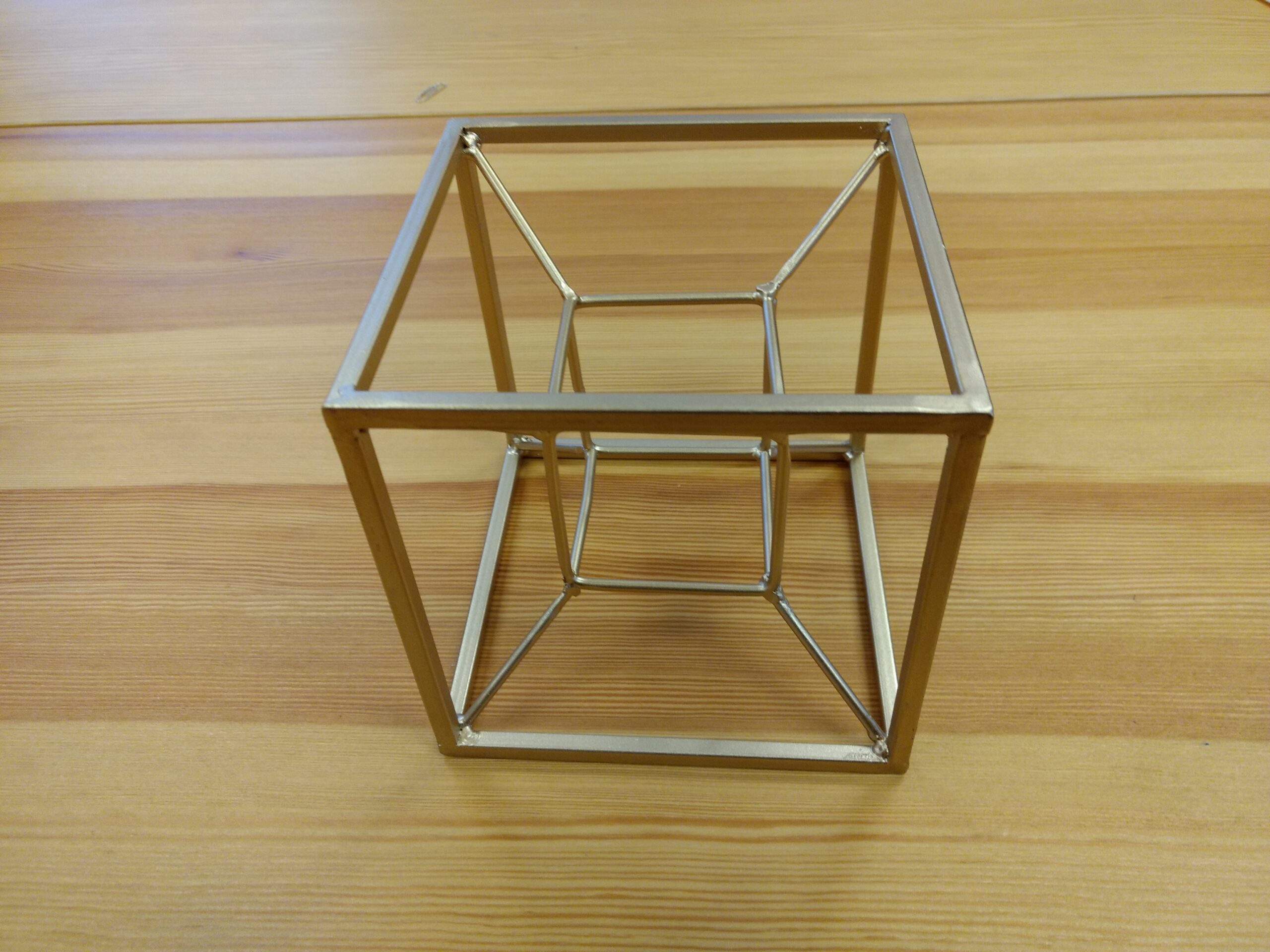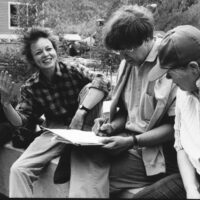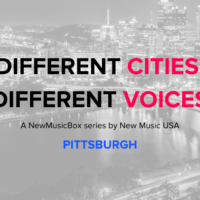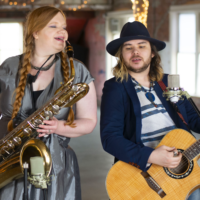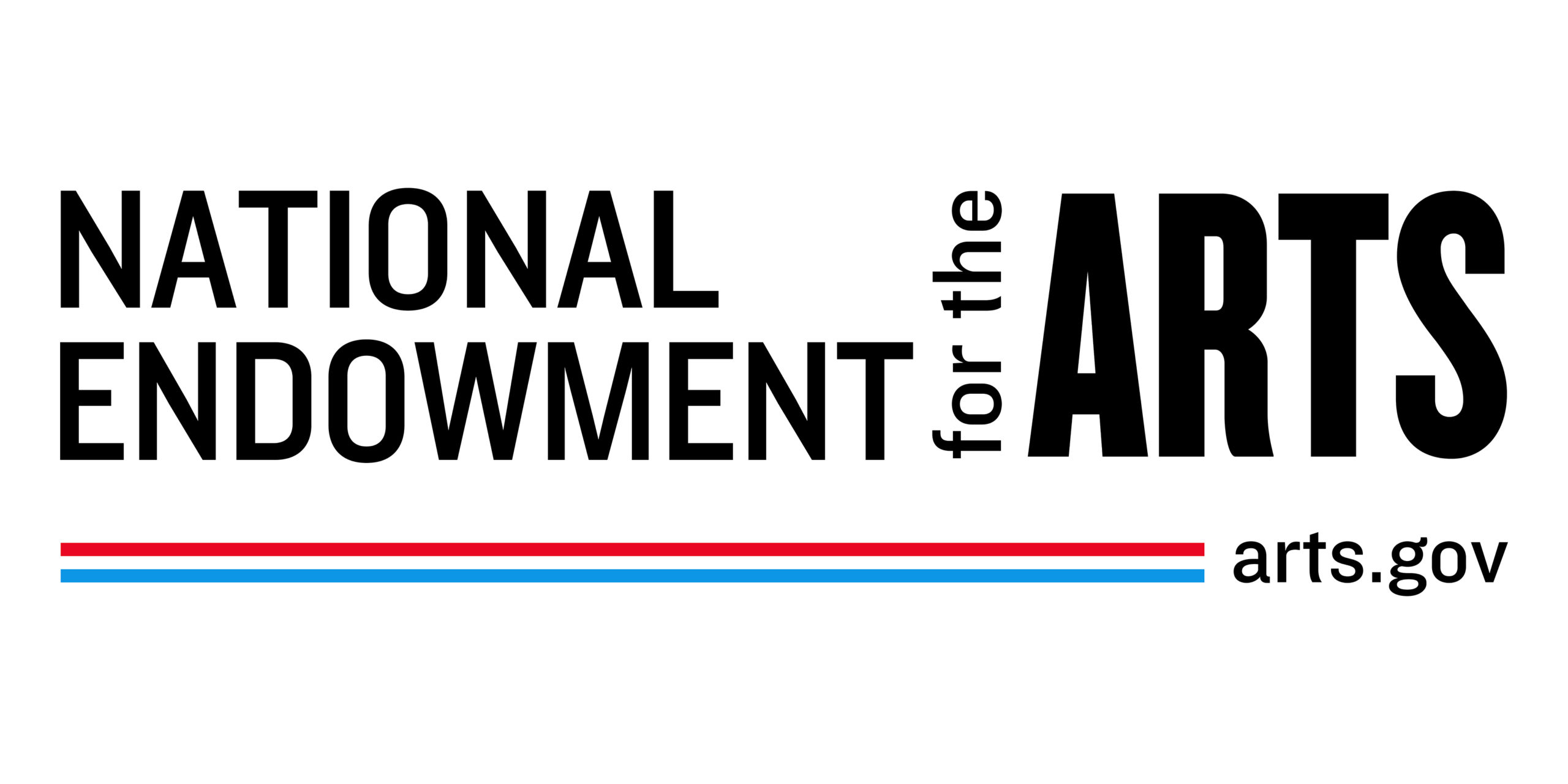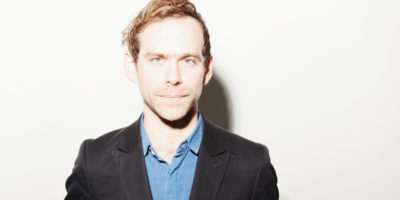
Bryce Dessner has learned different lessons from his immersion into very different kinds of music-making and these lessons have made him a stronger musician, whether he is writing songs and playing lead guitar in the indie rock band The National, co-scoring the soundtrack for the motion picture The Revenant, or composing a double piano concerto for the Labeque sisters.

One never knows where the music will take you, especially if you are willing to explore new pathways. After the release of my recording Birdsongs, the conversations about the music included conversations on listening, walking in the woods, memories of experiences in nature, dreaming, climate change, and so much more. These are very different conversations than I usually have about my music.
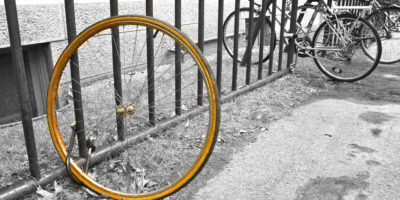
Though it seems ironic, acultural neutrality is a narrative the West has culturally taught itself. Minute cultural awarenesses break through sometimes, but often the positive changes we are desperate for are obstructed—innocently or intentionally—by the numerous gatekeepers of Western classical music.
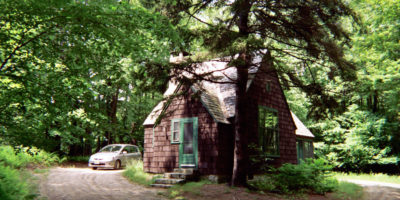
Every day for five weeks, I improvised with songbirds and any other creatures that made their voices heard, and recorded each session. My goal was to become a member of their band, so to speak. I listened deeply to their singing, and carefully infiltrated their ensemble. They, in turn, sang to me and with me and seemed to be okay that I was not only privy to their conversations, but would take part in them as well.
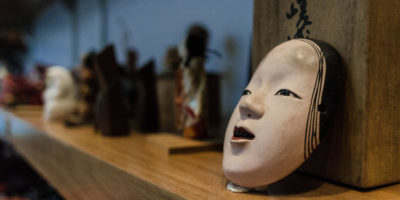
The evening of August 31 began like most Saturday nights at the start of the fall semester. I was reviewing course plans and readings for the upcoming week, while I casually scrolled through my email. It was late, and I had long since lost whatever drive had propelled me earlier when I received an email… Read more »
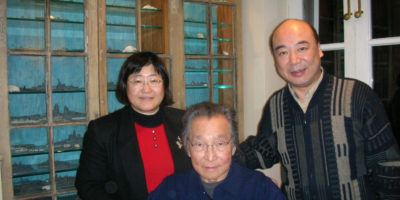
Chou Wen-chung is a music giant who mentored us in our creative lives for decades. He has made a huge contribution to the music of our time, yet he is a father-like figure to us. He will be missed by all of us tremendously, and his legacy will live with us forever.
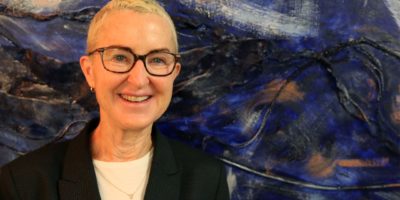
Myra Melford is equally comfortable performing a blues tune, jamming in a completely free-improvisatory setting with other musicians, or exploring more predetermined structures in the compositions she writes for her own ensembles. “I understand that a lot of what I do works in the jazz context … Jazz is an inclusive music.”
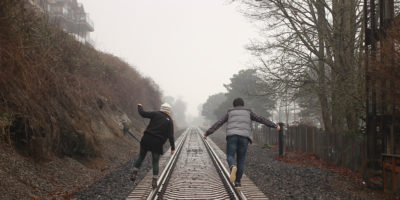
Assuming you are setting a completed text in a transactional partnership, you’re now ready to write up your contract, get it signed, and start composing.

As my understanding of the Inner Ear grows, I ask if it can be separated from the Mind itself. It’s no longer a radical notion that our individual memories have been externalized in something very like a cloud. And if memories can be external to the person, then could Identity itself, the individual consciousness, also be externalized? How would the perceptual systems function in a disembodied Mind? What would music be to such an entity?

Who owns what rights will depend on the nature of your collaboration and what you negotiate. For transactional partnerships involving pre-existing text, the author/publisher keeps the copyright of the words, but allows the composer to use them in their piece. The composer then owns the copyright for the resulting musical work, but not the copyright for the words. If the author is creating new text for the composer to set, the same generally will be true.

Informed consent is essential for successfully collaborating with writers. However, what each person must be informed about and consent to depends in part on whether the partnership will be transactional or more collaborative.
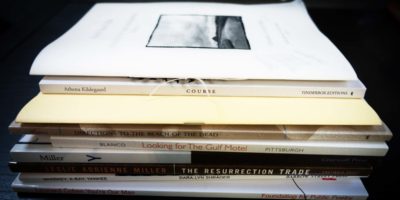
Introduction I could wax poetic about why composers should set texts by living authors. Some big reasons include texts that stand out amid the sea of well-worn Public Domain poems, topics and style relevant to today’s audiences, more diverse voices and viewpoints, the ability to interact with the author, the possibility of tailor-made texts, and… Read more »
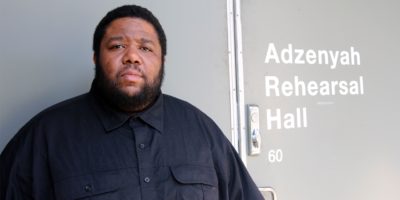
Tyshawn Sorey’s music emerges from a vast array of experiences, communities, storytelling, and a deep engagement in mentor-mentee relationships. Throughout his rigorous career as a composer and performer, Sorey regularly teaches and mentors other artists to support the creation of their own work.

After pondering a list of 10 questions representing the most frequent and pernicious” you should ask yourself to avoid bad trans writing in opera and music theater, we encourage you to “unlearn the lazy shortcuts that use binary genders to bypass genuine characterization.”
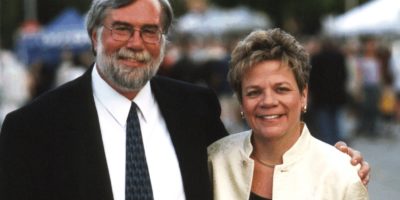
Chris Rouse was not only one of the great composers of our time, he was also a great friend and colleague.
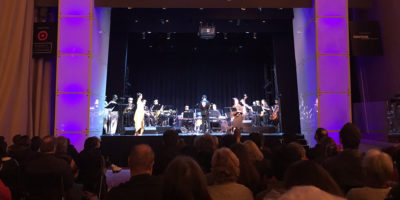
There is a “call and response” that exists between revolutionary art and meaningful political outcomes.
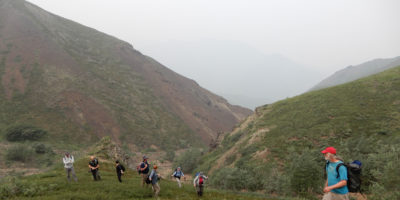
Composing in the Wilderness takes composers out into the rugged expanse of Alaska to find inspiration, connect with nature on an intimate level, and bring a new piece of music from idea to performance all within a few weeks.

Before an actor can bring a character to life, someone has to write that character into existence. Who are the trans writers bringing trans stories into the world, and how do they handle trans issues in their work? This article starts to provide an answer.
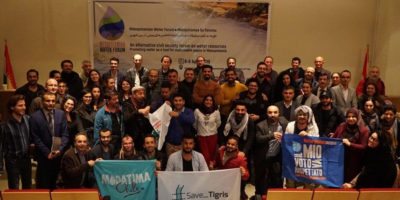
How can art be a hammer, and not simply representational? One solution is to work in dialogue with actual social movements and create spaces where activists are at the center of the creative and economic processes behind the creation of new work.

The artists interviewed for this article have performed everywhere from Germany to San Francisco, in grand opera houses and black box theaters, in revivals of standard repertoire and world premieres; they are different ages, at different points in their careers; they have different genders, and different ethnicities. Their voices capture a broad cross-section of contemporary trans singing theater communities.
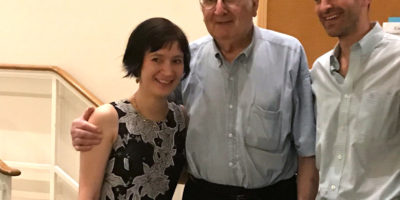
Mario Davidovsky was a passionately involved member of society and the music world. A lot of people have noted his generosity nurturing other artists, his integrity, his vehemently stated opinions, his volubility and notoriously long conversations that would range over world history, science, religion, politics.
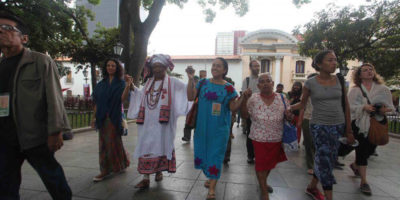
How we convert our environment, through the sensory mediums of our ears, tongues, fingers, eyes, and nostrils into reality is as political and contested as net neutrality versus corporate control of the internet.
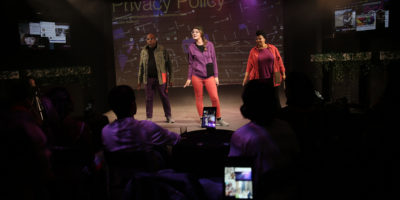
Music has the ability to touch us deeply, and music used in the service of storytelling can transport us into different places and times, even allowing us to assume the perspectives of people very different than we are. I believe that this is where the potential power of the art form lies. I also believe that embracing this power is what will allow the form to remain vibrant and relevant well into the future.
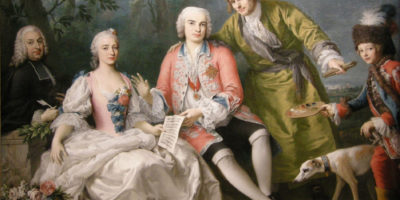
In all the stories I’ve experienced across all forms of media featuring trans characters written by cis creators, only a handful haven’t been deeply misguided at best, and that number keeps shrinking because the creators who get it right keep coming out as trans. Operas and musicals are no different.
